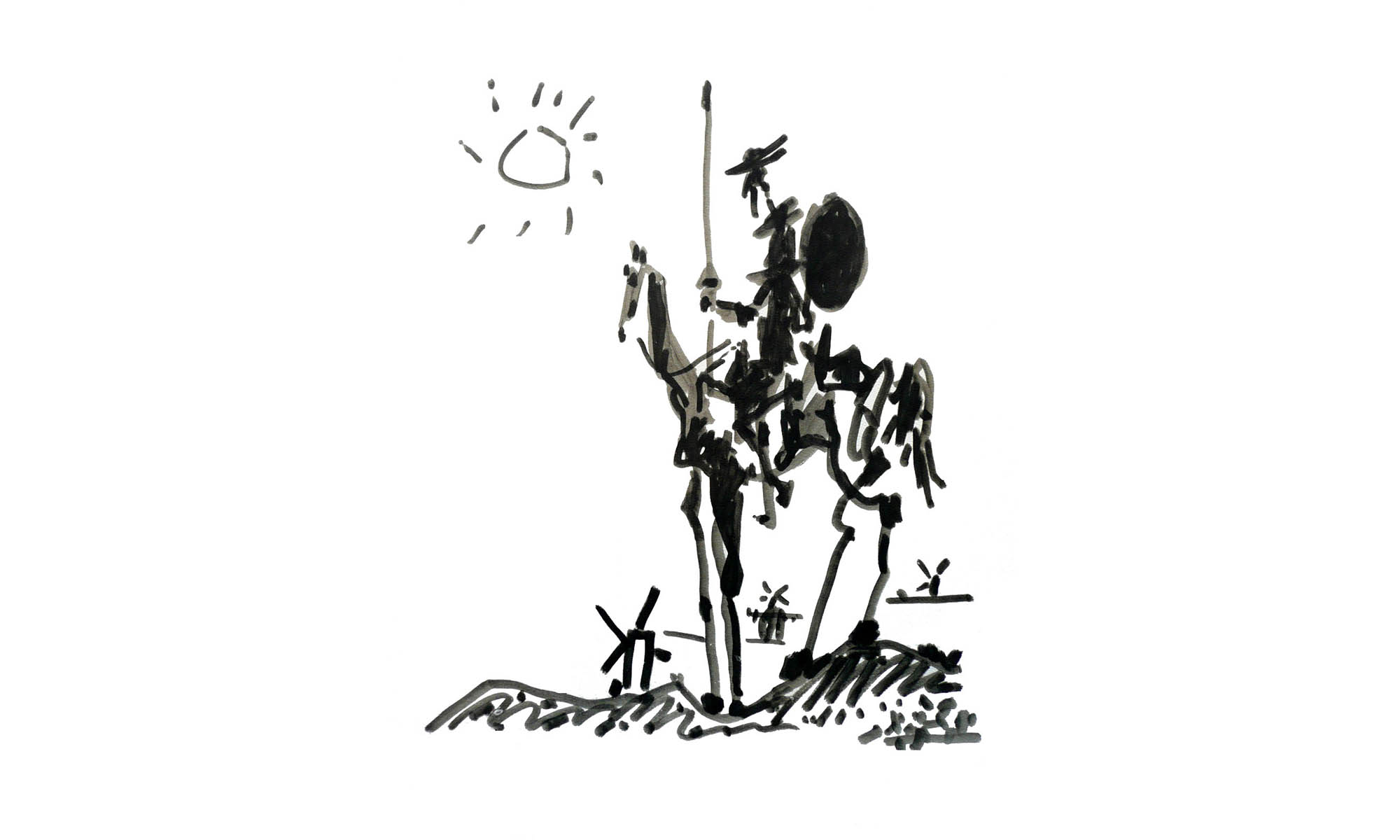Beginning in the late 1800s, before the adoption of the modern meanings of “liberal” and “conservative”, America saw the rise of progressivism. In general, the term was an all-encompassing word for various political efforts which focused on reforming society in response to the changes driven by industrialization and modernization. Progressivism included members of both the Democratic and Republican parties, but one of the main groups driving the various efforts were socialists in all of the term’s many varieties, and before “socialist” became a dirty word which was synonymous with “communist”.
By the 1930s though, following Woodrow Wilson and FDR’s elections to the presidency, the Democratic party was almost completely characterized by its progressive members. A key part of this loss of “conservative” party members was the growth of the influence of the more extreme elements of progressivism — most notably, Marxist socialists — and the willingness of the more moderate (in relative terms) Democrats to do things that were designed to alienate the conservative members of the party. Think FDR’s attempt to pack the US Supreme Court leading to a cross-party conservative effort to block the vast majority of the legislation Roosevelt later proposed. The influence of communists and other true extremists diminished quickly following WW2, but the result of the growth of the party in the 20s-40s was a fairly monolithic party with regard to the social ideals which it represented.
Since the late 1900s, we’ve been seeing a similar process, albeit influenced by different factors, occuring the Republican party. Following an even further homogenization of the Democratic party in the 1960s, in response to further progressivization, a populist driven effort to reform social norms based on “traditional” conservative values developed under the banner of the Christian right — a mirrored reversal of the goals of the Democrats in the early 1900s.
More recently, the rist of further populist, grassroot efforts led by demagogues in the media (for every Upton Sinclair there is a Glenn Beck? (Probably the first time they’ve ever been mentioned in the same sentence!)) has created a similar effect on the Republican Party as the polarizing grassroot reform campaigns of the many socialist-led Democratic efforts in the 1920s and 30s. And just as the populist driven growth of Democratic progressivism drove out conservative elements of the party, so too has the populist driven growth of Republican traditionalism driven out liberal elements of that party.
Assuming there is no imminent future official splintering of the Republican Party, it will be interesting to see how the more extreme members are treated in the future with respect to the persecution that the communists of the 20s and 30s experienced in the 1950s and 60s.



we grow further and further apart. 🙁
I think you've nailed a couple points and I think it's already begun.. the Tea Parties are mostly seen by the Media as a boogeyman from the Right, but realistically, it actively shuns most of the current Republican leadership. From what I've read about the Tea Party rally this weekend in DC, any currently serving elected official is not welcome.
The Tea Party can go one of two ways this fall.. it can be a steamroller that flattens the competition.. or it will be a spoiler and cost a lot of sitting Republicans their seats.
I have a feeling that the Tea Parties will have an impact this election, but perhaps not as great as they think and the left (and middle!) fears. But you're right, the splintering is definitely already happening. It has been happening for years as the right wing demagogues have gotten gradually more extreme (or at least louder and with greater reach), but in the last few years it has really become extremely noticeable. The big difference is that when various extreme socialists tried to push their agendas in the 20s and 30s, a combination of the moderate Democrats and the Republicans slapped them down. But the moderate Republicans today seem to have no will to attempt to slap the extreme right wingers down and the Democrats have been ineffective at it so far.
The old blessing and curse "may you live in interesting times" certainly seems like it may be taking effect over the next 5-10 years. I just wish I felt more certain of how things would turn out, so that I would know whether the curse or the blessing part was in control.
I think we disagree a bit here.. while the Tea Party is regularly portrayed as extremists, I have yet to see anything "extreme" other than a few kooks. Unfortunately, the Media has a vested interest in highlighting those guys.
I think the underlying problem is that the Dems & Reps are two sides of the same coin at this point. When you have McCain – a guy in favor of amnesty, against tax cuts, voted for the bailouts, etc, etc – running as the *Republican* for President, you have a problem.
People are feeling disaffected and ignored, just like they get every couple cycles. *This* time around, the tools exist to connect those people.. instead of being beaten down by the Left/Media. Figuratively beaten of course, the literal beatings are likely still a ways off.
You're right. It's a cycle. We'll see how tech/connectiveness/citizen journalism changes things this time around.
You know, you're right. "Extreme" isn't really the right term to use, at least with regard to most of the political stances that the Tea Partiers take. The term is accurate however, about some of the not-directly-political issues they support and the way they react to suggestions from the left or even the moderate right.